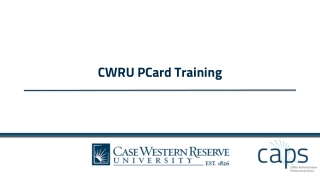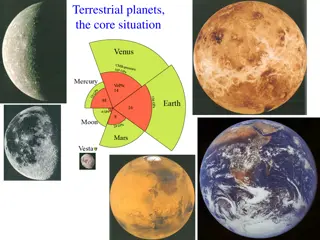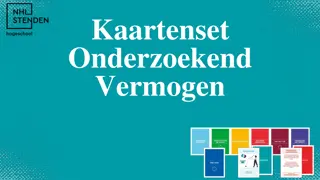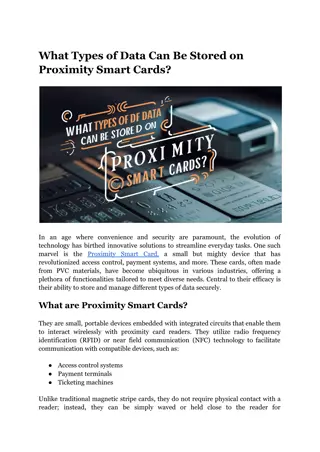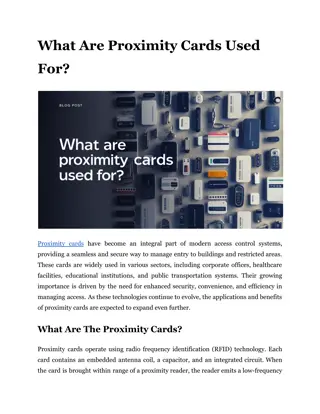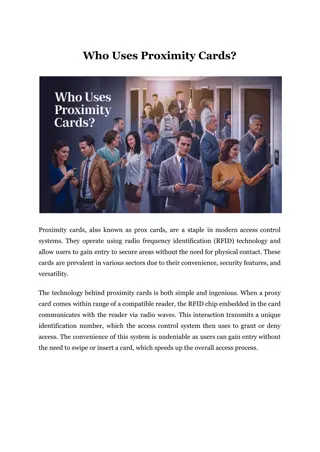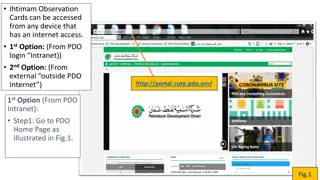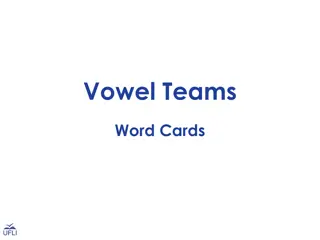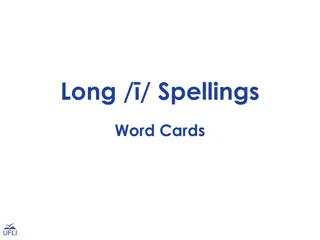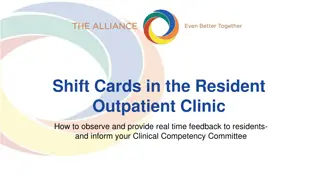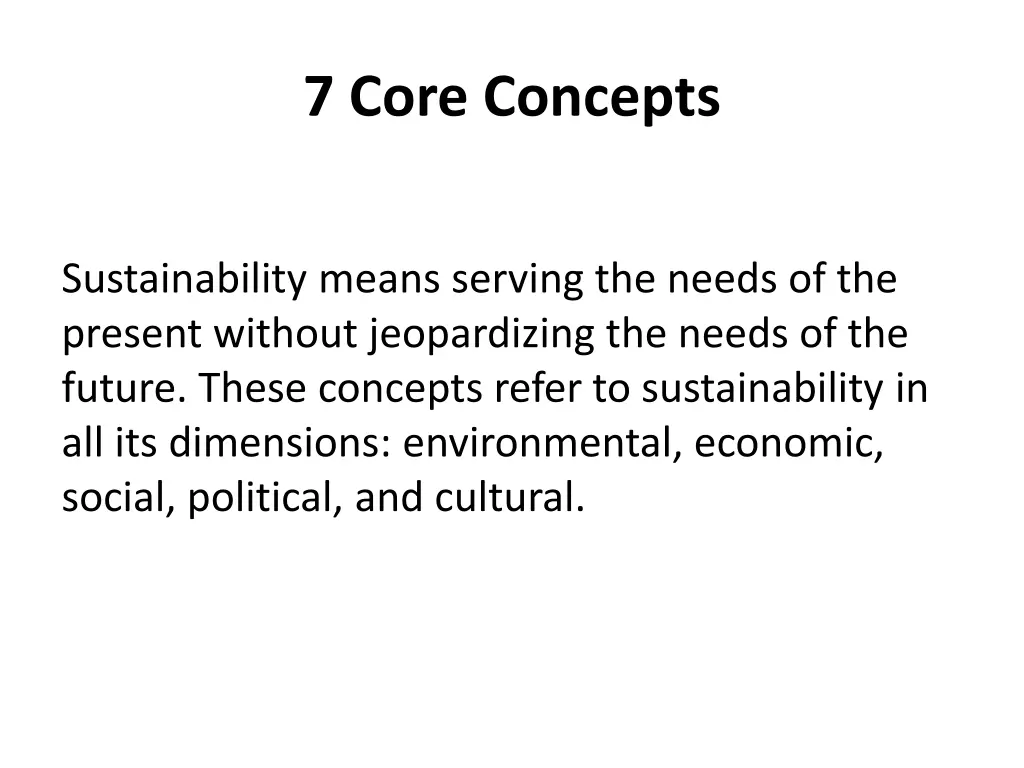
Understanding Sustainable Practices for Future Well-being
Explore core concepts of sustainability including sustainable economics, ecosystem services, ecological footprint, waste reduction, carbon neutrality, and the importance of going local. Learn how these practices can ensure a better future for coming generations by balancing environmental, economic, social, and cultural aspects.
Download Presentation

Please find below an Image/Link to download the presentation.
The content on the website is provided AS IS for your information and personal use only. It may not be sold, licensed, or shared on other websites without obtaining consent from the author. If you encounter any issues during the download, it is possible that the publisher has removed the file from their server.
You are allowed to download the files provided on this website for personal or commercial use, subject to the condition that they are used lawfully. All files are the property of their respective owners.
The content on the website is provided AS IS for your information and personal use only. It may not be sold, licensed, or shared on other websites without obtaining consent from the author.
E N D
Presentation Transcript
7 Core Concepts Sustainability means serving the needs of the present without jeopardizing the needs of the future. These concepts refer to sustainability in all its dimensions: environmental, economic, social, political, and cultural.
Sustainable Economics (Triple/Quadruple bottom line, Gross National Happiness) Sustainable (or ecological) economics is defined by its focus on nature, justice, and time, as well as Issues of intergenerational equity, irreversibility of environmental change, uncertainty of long-term outcomes
Ecosystem Services Ecosystem services describe what nature does for free . These services fall into four broad categories: provisioning, such as the production of food and water; regulating, such as the control of climate and disease; supporting, such as nutrient cycles and crop pollination; and cultural, such as spiritual and recreational benefits.
Ecological Footprint (Carbon Footprint) An ecological footprint is a measure of human impact on Earth's ecosystems. It's typically measured in area of wilderness or amount of natural capital consumed each year. It is estimated that as of 2007 our planet has been using natural capital 1.5 times as fast as nature can renew it.
Waste Reduction (Cradle to Cradle, C2C, Regenerative Design) C2C is a holistic economic, industrial and social framework that seeks to create systems that are not only efficient but also essentially waste free. Oahu deals with 1.6 million tons of waste per year. (9lbs per day, per person.) Recycling and waste-to- energy combined for a total waste landfill diversion rate of nearly 73% for 2014.
Carbon Neutrality Carbon neutrality is used in the context of carbon dioxide releasing processes associated with transportation, energy production, and industrial processes such as production of carbon neutral fuel. Carbon neutrality is related to energy, net zero energy, and renewable energy.
Local First (Food Sovereignty, Food Miles) Local first means that the local economy and wellbeing of local communities is important. Buy local. Food sovereignty and Food Miles are local first concepts applied to food.
Adaptive Resilience resilience is the capacity of an ecosystem or community to respond to a perturbation or disturbance by resisting damage and recovering quickly. Adaptive resilience uses a disruption or threat of such to move beyond business as usual to do things differently or more sustainably.



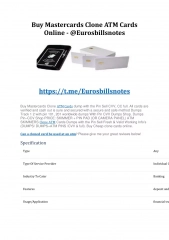
![Guardians of Collection Enhancing Your Trading Card Experience with the Explorer Sleeve Bundle [4-pack]](/thumb/3698/guardians-of-collection-enhancing-your-trading-card-experience-with-the-explorer-sleeve-bundle-4-pack.jpg)
